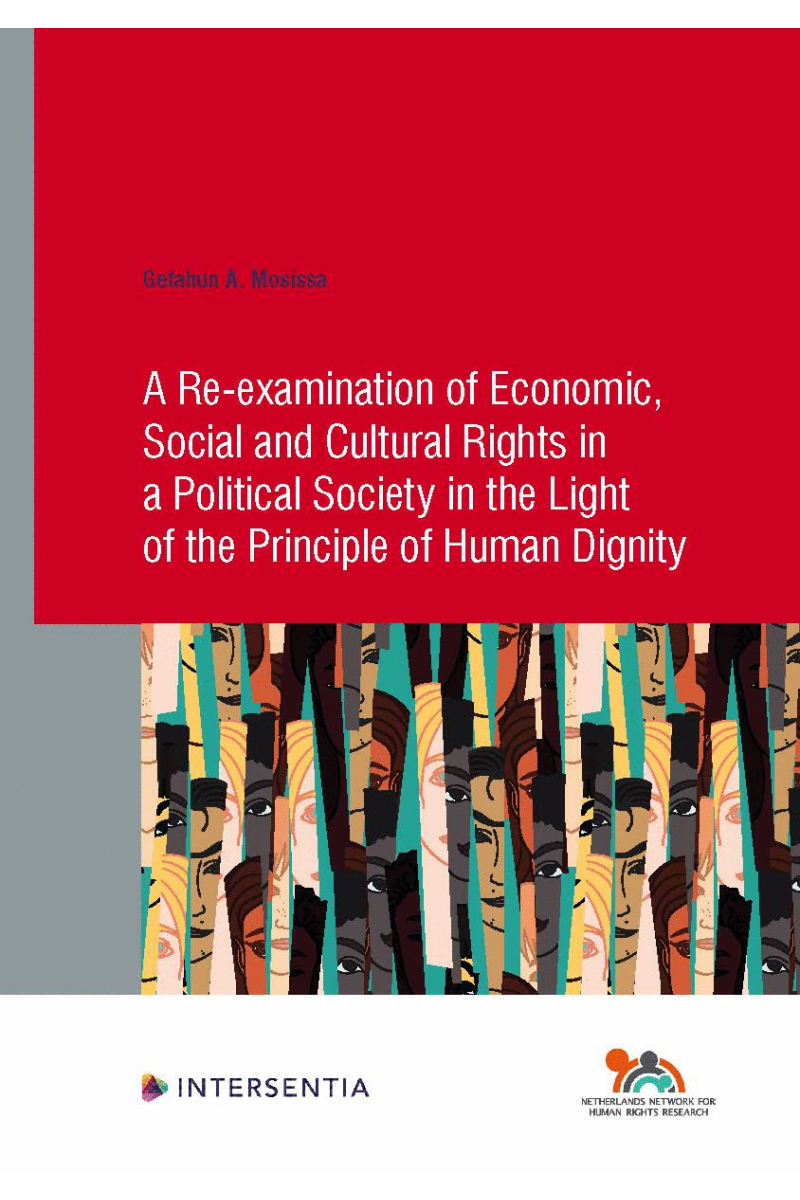 maestro
mastercard
visa
maestro
mastercard
visa

A Re-examination of Economic, Social and Cultural Rights in light of the Principle of Human Dignity

The principal question investigated in this book is what normative justification can be provided for economic, social and cultural rights (ESC rights) guaranteed under international law and how this justification can or should impact the State obligations emerging from these rights. In particular, it seeks to answer whether and in what manner human dignity provides a viable normative justification for ESC rights guaranteed under international law, what kind of concrete legal obligations of the State party flow from these rights, and the way these obligations are reflected in the jurisprudence of international human rights monitoring bodies from across jurisdictions. It also examines the kind of legal obligations the State bears towards vulnerable persons within its jurisdiction. These are questions born out of the current limitations and lack of substantive progress in both the academic debate and practical enforcement of ESC rights.
In order to give answers to these questions, this book has adopted two levels of inquiry. First, it discusses the theoretical problems affecting the effective realisation of ESC rights. Secondly, it takes an inductive approach in analysing ESC rights jurisprudence from African, Inter-American, European and UN human rights systems.
Thus, having identified the critical limitations of traditional human rights theories, the book introduces the idea of the social conception of human rights, that is, human rights as being rooted in and essentially concerned with the practical and complex social relations and therewith the protection, preservation and promotion of the life and value of human beings. It is argued that human dignity constitutes an underlying moral principle behind the social relations and the normative justification of all human rights. As a normative principle, human dignity entails the State obligation to ensure an unconditional respect for the moral and biological being of humans. In the context of ESC rights, this obligation influences the State’s obligation to respect and ensure essential procedural and substantive conditions required to live a dignified human life.
The study therefore offers a fresh perspective on the way we should approach the justification, nature and legal implications of ESC rights both generally and in the specific context of vulnerable persons. It is hoped that beyond inspiring further academic discourse on ESC rights the book serves as a useful reference material for courts, human rights monitoring bodies, policy makers and civil societies concerned with the realisation of ESC rights both at the national and international level.
| Type of product | Book |
|---|---|
| Format | Paperback |
| EAN / ISSN | 9781780689876 / 9781839700361 |
| Series name | Human Rights Research Series |
| Weight | 400 g |
| Status | Available |
| Number of pages | xvi + 352 p. |
| Access to exercice | No |
| Publisher | Larcier |
| Language | English |
| Publication Date | Oct 15, 2020 |
| Available on Strada Belgique | No |
| Available on Strada Europe | No |
| Available on Strada Luxembourg | No |
Downloads
- Table of Contents and Preliminary Pages
Getahun A. Mosissa - Chapter 1. General Introduction
Getahun A. Mosissa - PART I. The Conceptions and Theories of Human Rights
- Chapter 2. The Conceptions of Human Rights
Getahun A. Mosissa - Chapter 3. Theories of Human Rights in Brief
Getahun A. Mosissa - Chapter 4. Human Dignity
Getahun A. Mosissa - PART II. The Legal Obligations of the State under Esc Rights in the Light of International Esc Rights Jurisprudence
- A Brief Introduction to Part Two
Getahun A. Mosissa - Chapter 5. Participation
Getahun A. Mosissa - Chapter 6. Access to Justice
Getahun A. Mosissa - Chapter 7. Accountability
Getahun A. Mosissa - Chapter 8. Dignified Life
Getahun A. Mosissa - Chapter 9. Equality, Non-Discrimination and the Protection of Vulnerable Persons
Getahun A. Mosissa - Chapter 10. General Summary and Conclusions
Getahun A. Mosissa